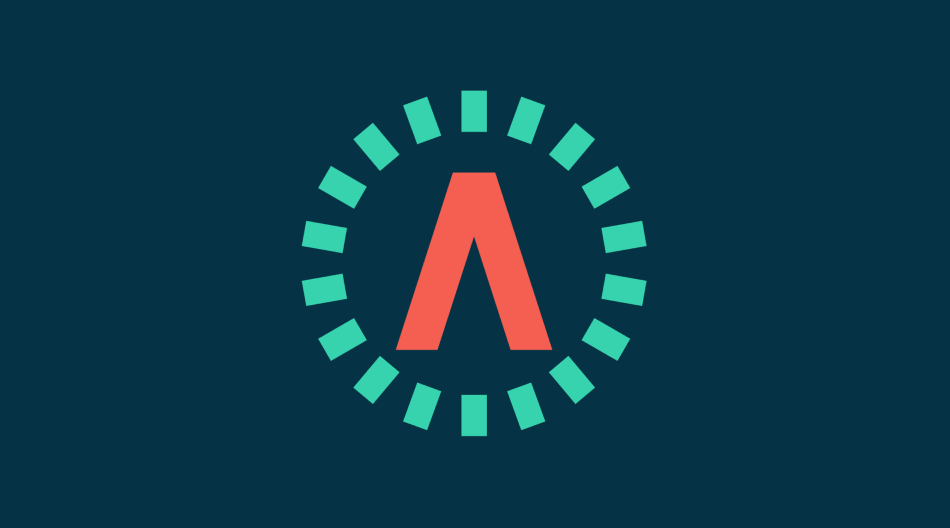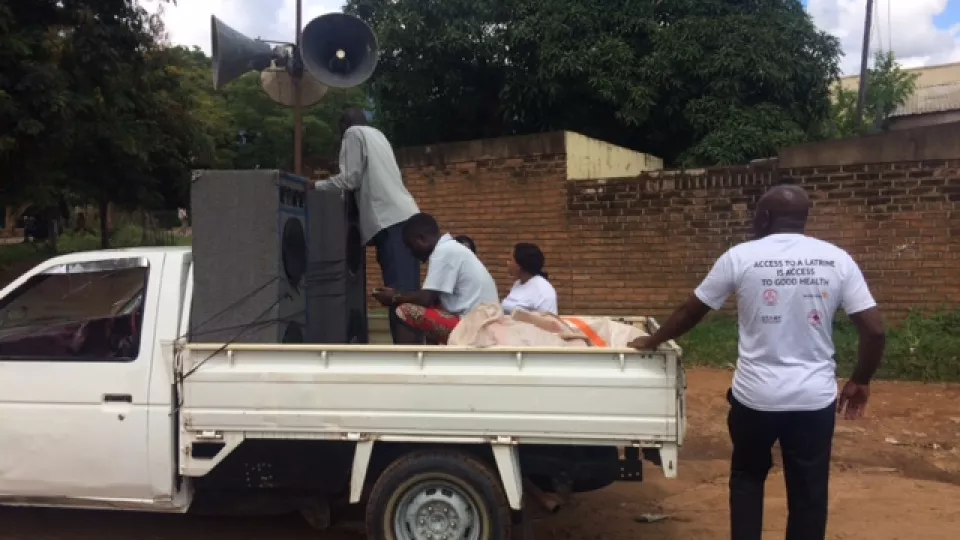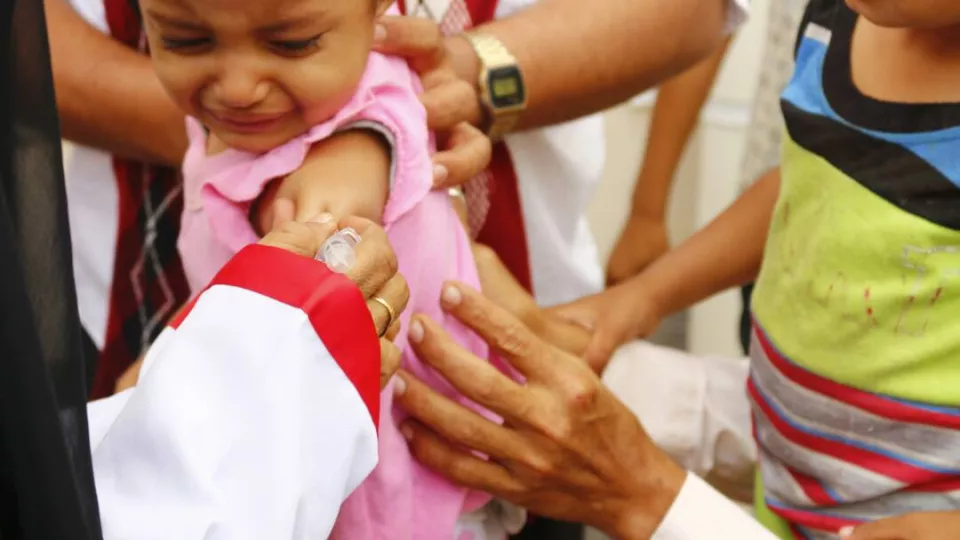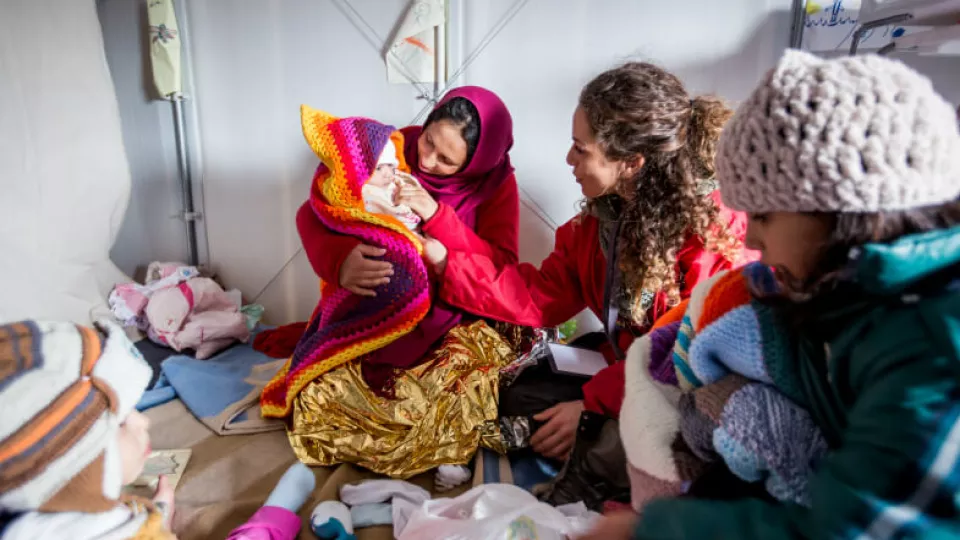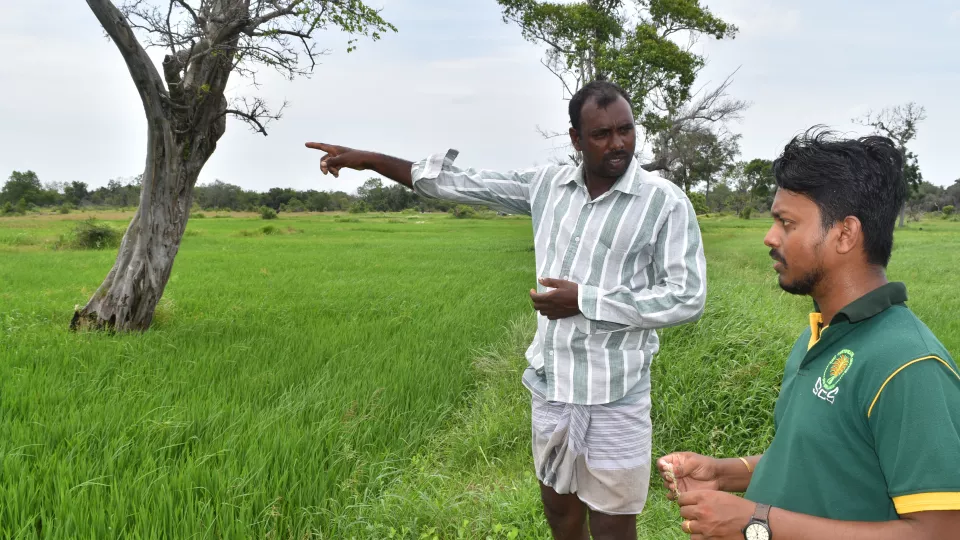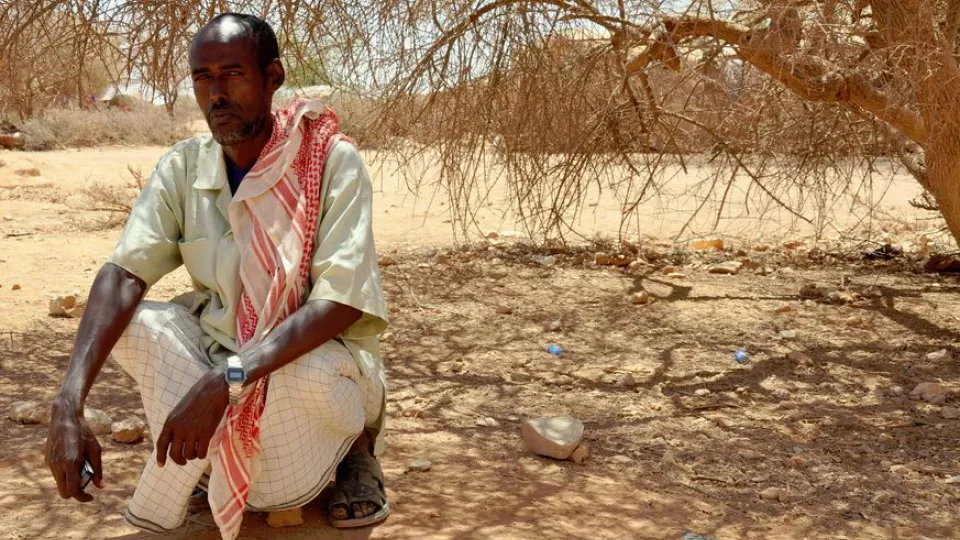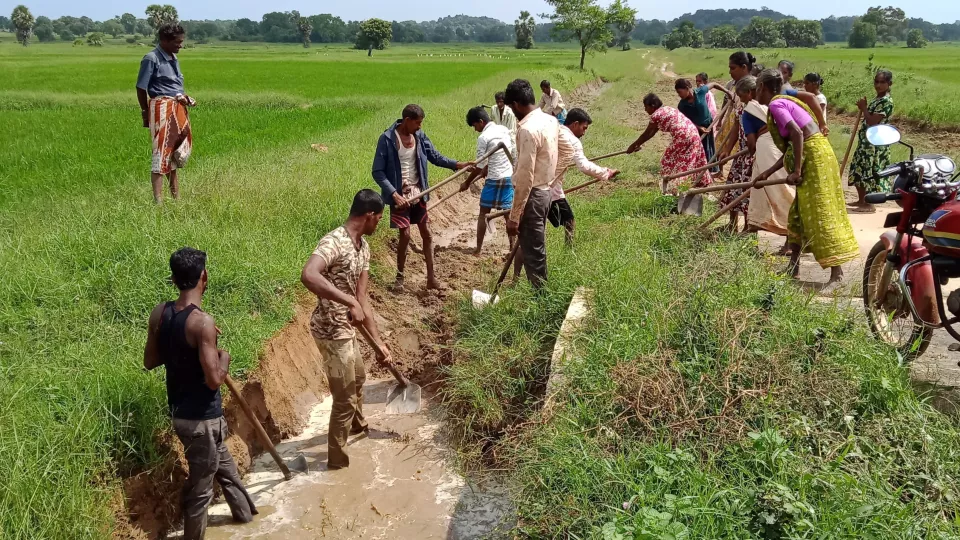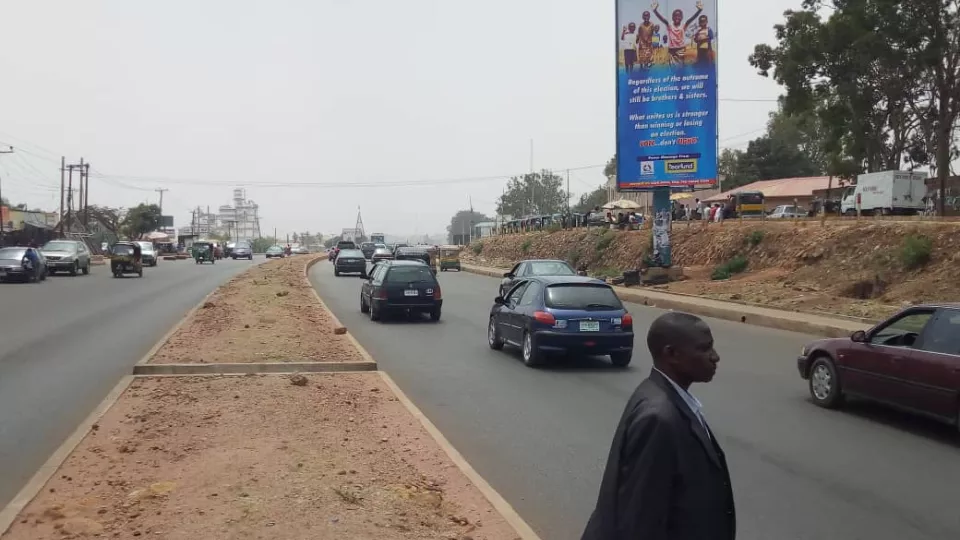The ‘Evaluation of the Start Fund’s Preparedness to Scale-up’, is Humanitarian Outcomes’ third learning project as a Start Fund partner and easily the most challenging one. The evaluation coincided with a period of quite fundamental and fast-moving…
News and blogs
Local and national-level organisations, working in partnership with Start Network members, are key to the planning and implementation of Start Fund projects. Through collaboration with these local partners, Start Network members gain the access and…
Originally published by Open Democracy. National and local organisations ask INGOs to support them, not compete with them.
Andrew Kavala is the Country Director for MANEPO overseeing a staff of 32. He is also doing a PhD in Strategic Management, chairs a Start Fund members coordination group, is a member of the Membership Committee and is the Start Fund Regional Advisor.
The Start Fund’s value lies in its use as a tool by and for its members, with member agency representatives having the ability to define and adjust the Start Fund remit to the realistic needs and flexibilities of humanitarian crises.
On International Women’s Day, we take time to reflect on the achievements of women and girls as well as understanding the strides that must be made for further gender equity around the world. At Start Network, we are beginning a gender review of the…
In 2016, the Start Network launched the Start Fund Anticipation Window in Bonn. We set out to link Start Network members with forecasts of impending crises and to facilitate country-level collaborative risk analysis, to release funds before a…
As extreme weather patterns are becoming every-day news, a mounting body of evidence paints an increasingly dire picture of the present and future impacts of climate change. As a result, governments, NGOs, businesses and citizens are increasingly…
This year’s harsh winter cold fronts created a potential humanitarian crisis in Mexico, especially in light of the country’s weak infrastructure and high rates of poverty. Start Network member, CADENA, submitted an alert to Start Fund in early…
The Start Fund alerts responding to climate-related disasters are increasing year-on-year. Start Network’s anticipatory action provides NGOs with the coordination and funding to better respond to crises that are undoubtedly associated with climate…
The space of forecast-based and anticipatory action is predominantly made up of organisations acting in anticipation of natural disasters or famine. What makes Start Network stand out against other organisations is our ability to also act in…

